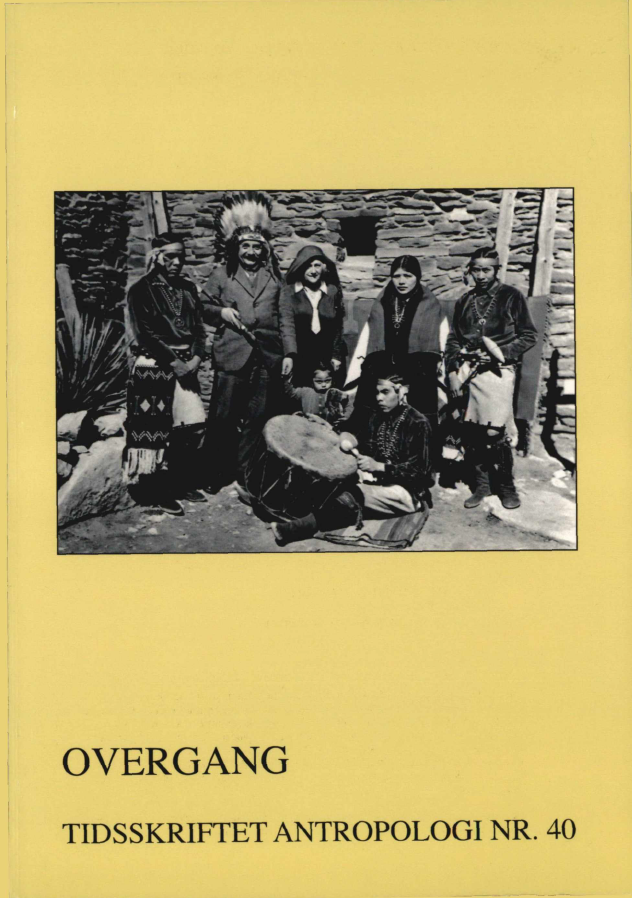SAMFUND? Durkheim revisited i Amazonas og videre
DOI:
https://doi.org/10.7146/ta.v0i40.115129Resumé
“Society” appears a difficult notion. We use
it all the time. But is it any good as an
analytical concept? Sociologists seem to
agree it is not. Few societies have the
empirical characteristics of the bounded
entity that structural-functionalist theory
assumed. Constructivist notions of society as
“imagined community” appear to be tied up
with the existence of the State or with the
spread of information technology. This
leaves contemporary anthropology with
“society” as a residue, the left-over from
culture’s gluttonous theoretical supper. Still,
social science aims to explain or understand
social relations, interactions, and the
processes by which structures and functions
are worked into social systems as implied by
the notion of society. The notion of society
allows us to assume the existence of
objective structures of order in the social life
of people. Unlike the notion of culture,
however, the notion of society has not been
critically scrutinized by anthropologists. In
contemporary Danish anthropology with its
focus on culture and cultural representations,
writers tend to simply take society for
granted as the intrinsic empirical context of
culture. From the perspective of Durkheimian
notions of “the social”, the paper
provides a brief review of interpretations that
retrospectively have appeared analytical
dead-ends. The author goes on to suggest that
the notion of “symbolically generalized
media of communication” may offer a
productive opening that embraces both sides
of the culture/society dichotomy in the
search for structured systems of social
existence whether subjectively or
objectively conceived. The idea of
“symbolically generalized media or
communication” was originally formulated
by Talcott Parsons and subsequently
reworked by German sociologist Niklas
Luhmann. Rather than an interrelated series
of parts that make up a whole plus something
else in the classic Durkheimian sense,
society from this perspective appears in the
form of structured sets of actions oriented by
a horizon of possibilities and expectations,
symbolically constituted, yet always
provisional and emergent. Inspired by
analyses of two different cases in Amazonian
research the paper offers a brief hint at how
the notion may be employed in
anthropology.
Downloads
Publiceret
Citation/Eksport
Nummer
Sektion
Licens
Ophavsretten til artiklerne i Tidsskriftet Antropologi tilfalder forfatteren.
Artikler publiceret i Tidsskriftet Antropologi må citeres, downloades og videresendes for ikke-kommerciel brug, under forudsætning af normal akademisk reference til forfatter(e) samt tidsskrift, årgang, nummer og sider. Artiklerne må kun genudgives med eksplicit tilladelse fra forfatter(e) og tidsskriftet.


